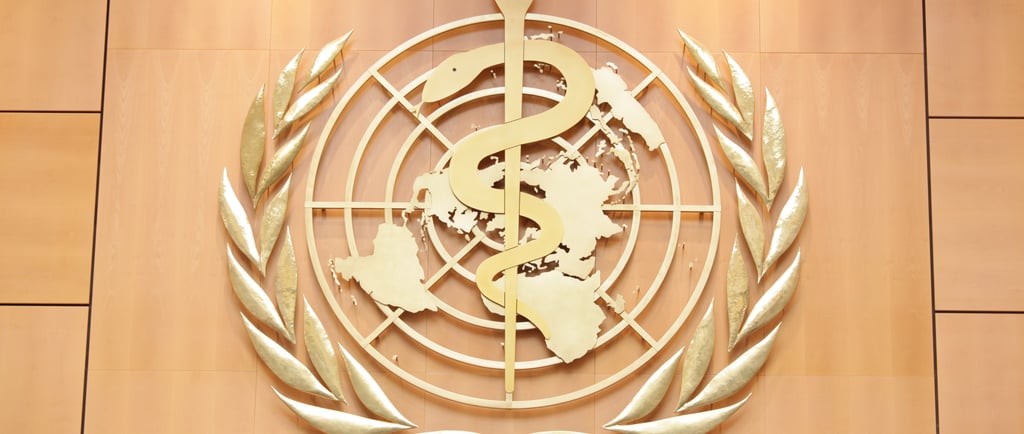WHO declare migrant healthcare inequity a global health priority
Summary of landmark publication in 2022 by the World Health Organisation, reporting that refugees and migrants face poorer health outcomes than the host populations.
2 min read


In a groundbreaking report by the World Health Organization (WHO), a concerning pattern emerges, highlighting the health struggles faced by refugees and migrants worldwide. Representing a staggering one billion people globally, these individuals often endure worse health outcomes compared to local populations, particularly when exposed to subpar living and working conditions. This disparity raises alarms about meeting the Sustainable Development Goals for these vulnerable groups.
A Global Health Review
Dr. Tedros Adhanom Ghebreyesus, WHO's Director-General, emphasizes that the journey of migration significantly influences health and wellbeing. "The experience of migration is a key determinant of health and wellbeing, and refugees and migrants remain among the most vulnerable and neglected members of many societies. This report calls for urgent and collective action to ensure they can access health care services that are sensitive to their needs. It also illustrates the pressing need to address the root causes of ill health and to radically reorient health systems to respond to a world increasingly in motion.”
Migration Trends and Health Impacts
The International Organization for Migration (IOM) notes that Northern America attracted 59 million international migrants in 2020, while Latin America and the Caribbean witnessed a doubling of migrant numbers since 2005. The WHO report clarifies that refugees and migrants aren't inherently less healthy. Instead, it's the culmination of various health determinants like education, income, housing, and access to services, along with barriers like language and legal issues, that lead to poorer health outcomes.
Data Gaps and Policy Challenges
A major revelation of the report is the significant gap in health data and information systems concerning refugee and migrant health. Despite abundant data, it remains fragmented and non-comparable, complicating the tracking of progress towards health-related Sustainable Development Goals.
Dr. Zsuzsanna Jakab, WHO’s Deputy Director-General, calls for enhanced investment in health data quality and relevance to guide effective policies and interventions. The Pan American Health Organization (PAHO) is spearheading initiatives in Central and South America to safeguard migrant health and ensure access to health services. However, gaps in information persist, hampering the development of inclusive national policies.
The Role of Migrant Healthcare Workers
An inspiring aspect of the report is the acknowledgment of the significant contributions of refugee and migrant healthcare workers, especially during the COVID-19 pandemic. Their role was particularly notable in Organisation for Economic Co-operation and Development (OECD) countries, where a significant portion of healthcare professionals are foreign-born.
Towards Inclusive Health Systems
The report advocates for health systems that uphold the right to health for all, emphasising the importance of integrating refugees and migrants into these systems. As Dr. Santino Severoni, Director of WHO’s Health and Migration Programme, states, health transcends borders and should be a cornerstone in building stronger, inclusive health services.
Conclusion: A Call for Inclusive Health Equity
The WHO report not only highlights the health disparities faced by refugees and migrants but also underscores the need for effective policy implementation. Inclusion in health systems is not just a moral imperative but also a valuable investment for global development and wellbeing. The journey towards health equity and universal health coverage is crucial for creating a world where no one is left behind in the pursuit of health and wellbeing.
Read the whole report here (spoiler alert: it is over 300 pages!)
